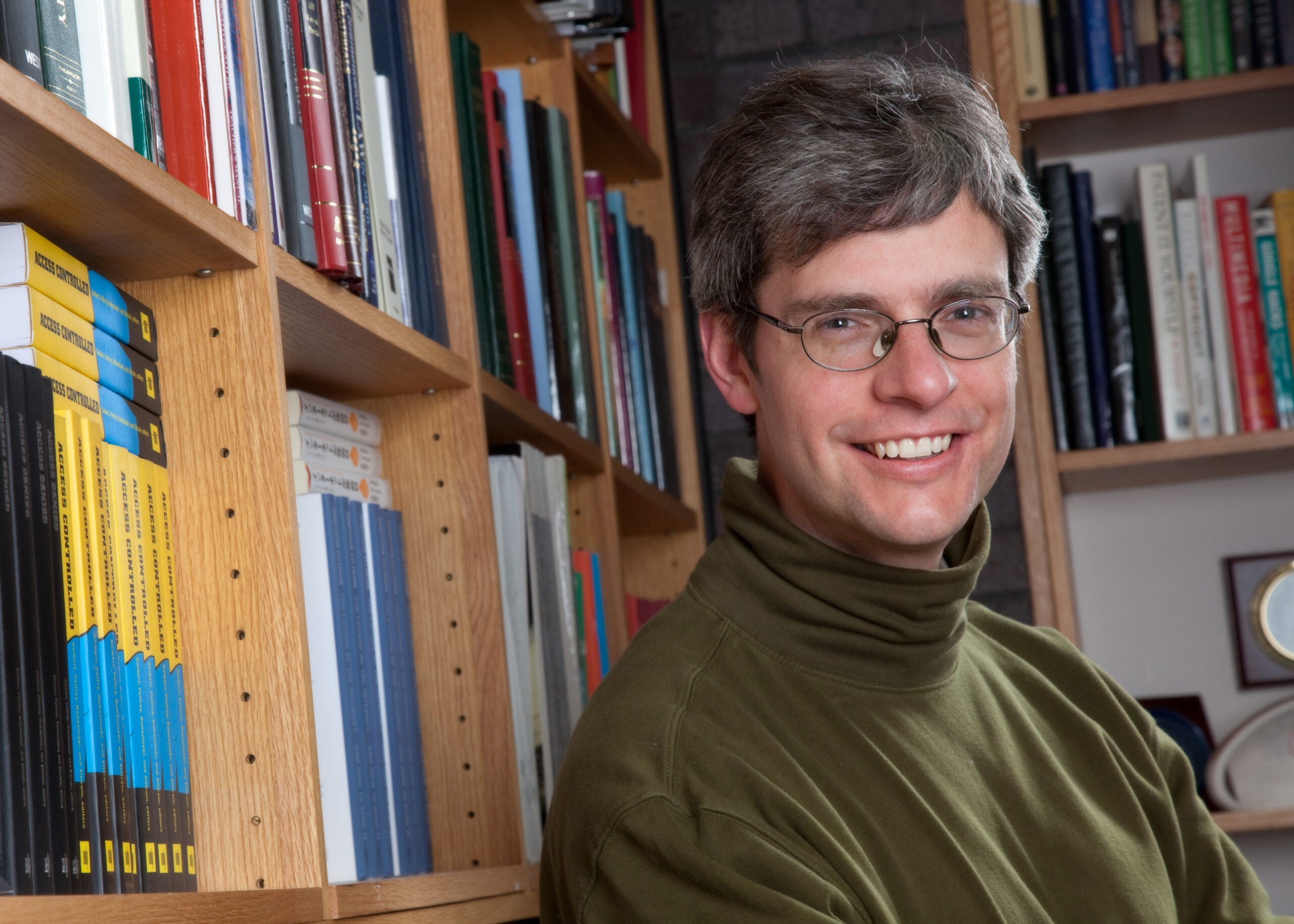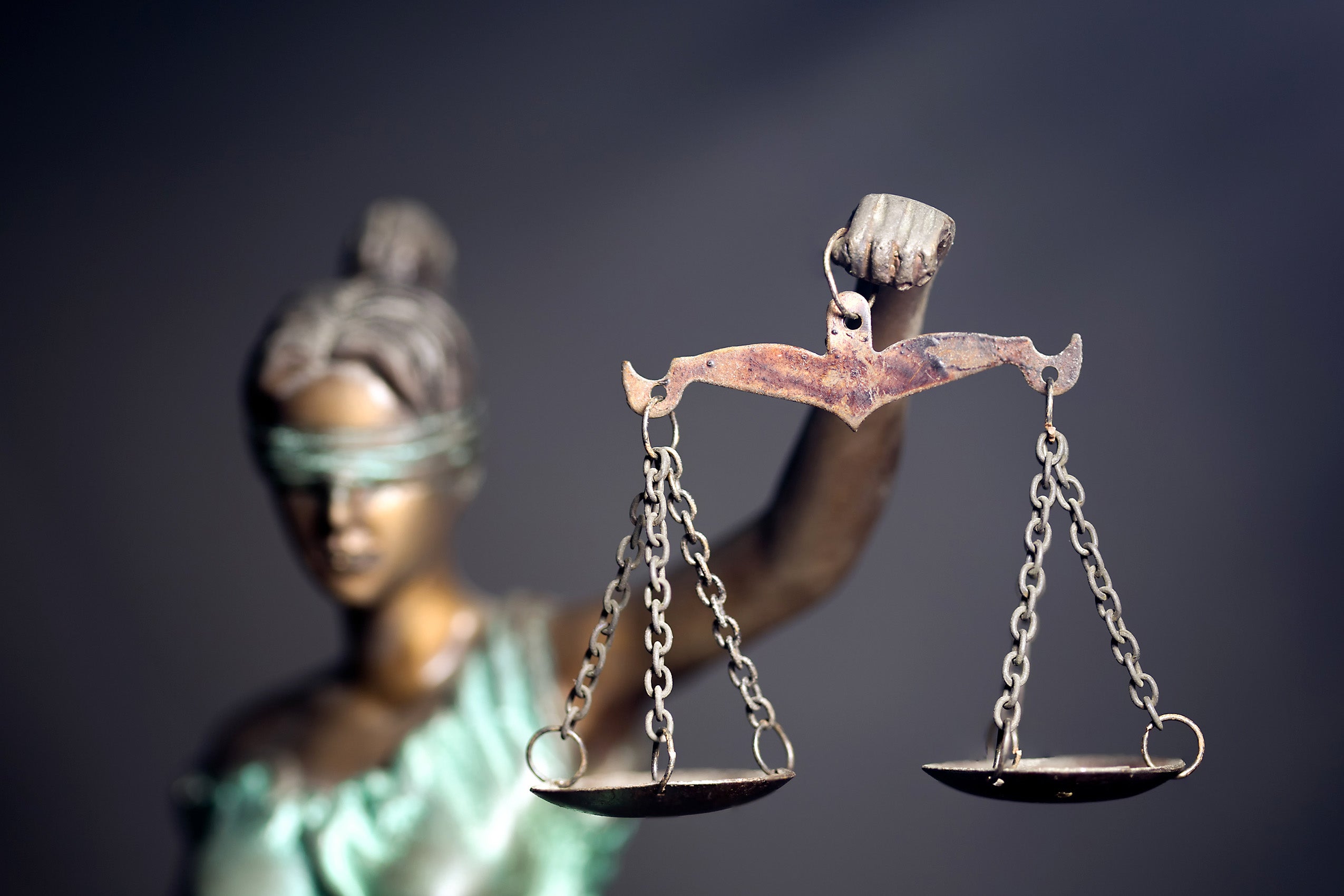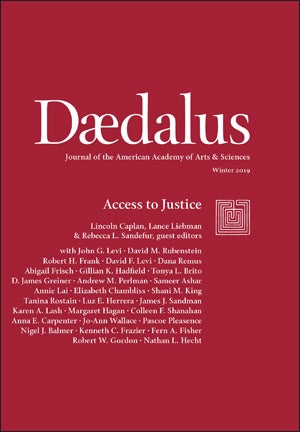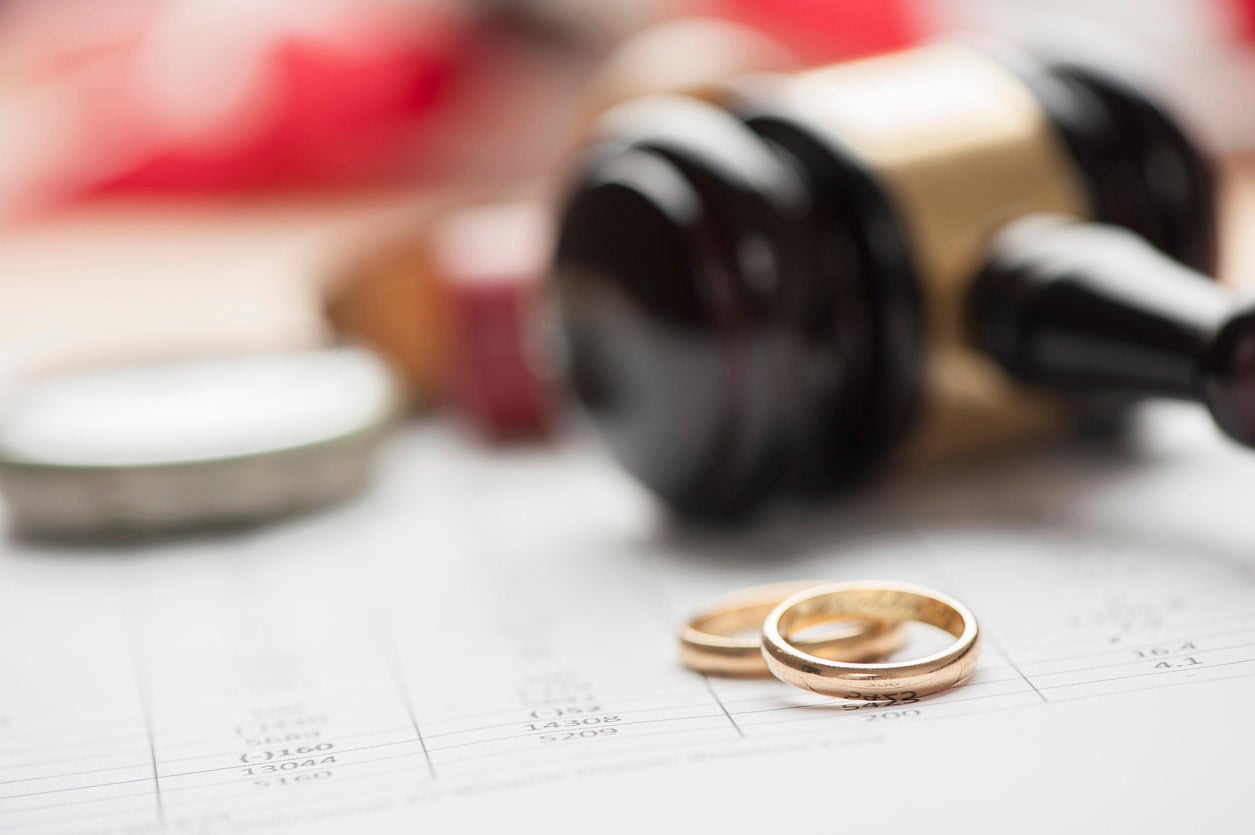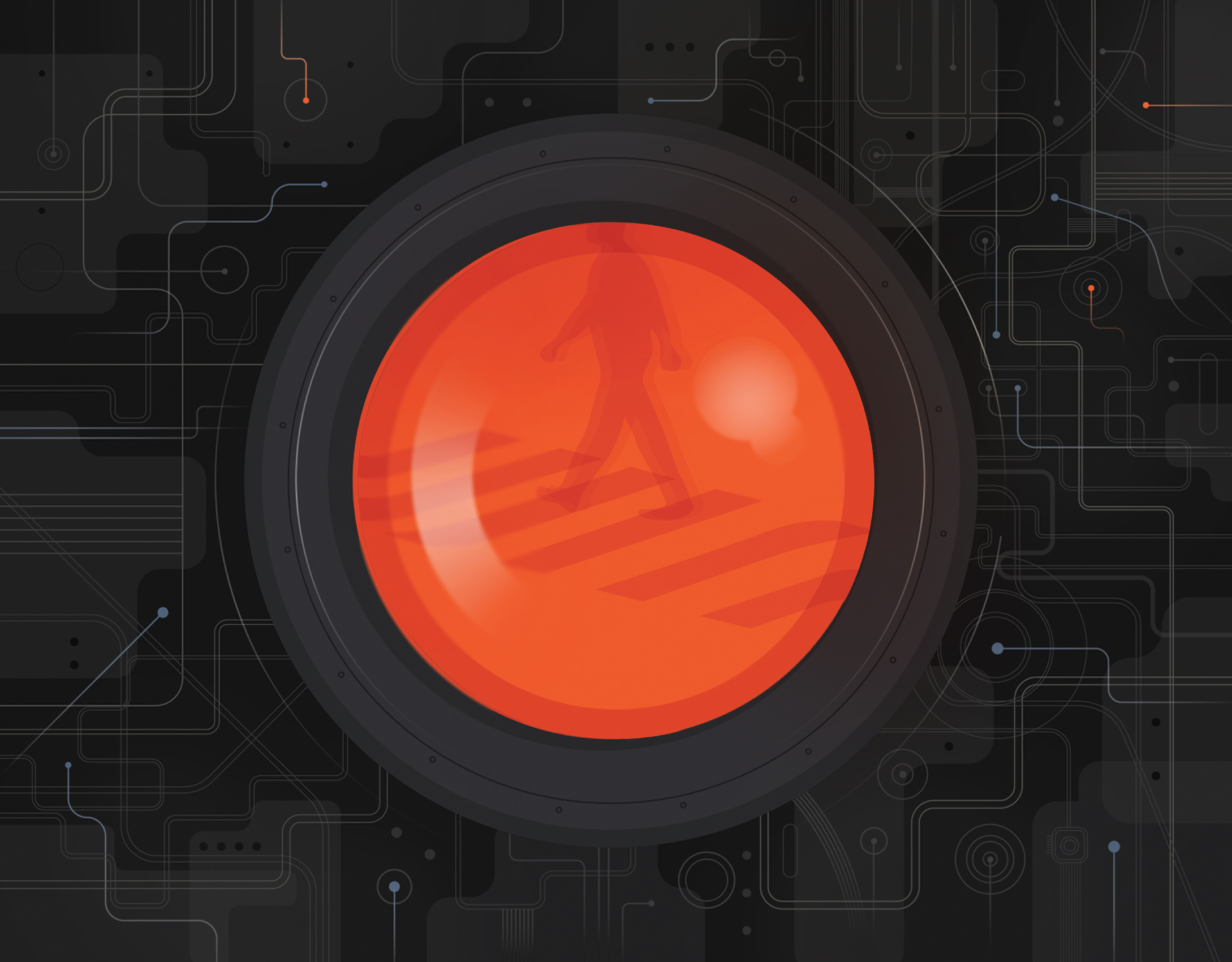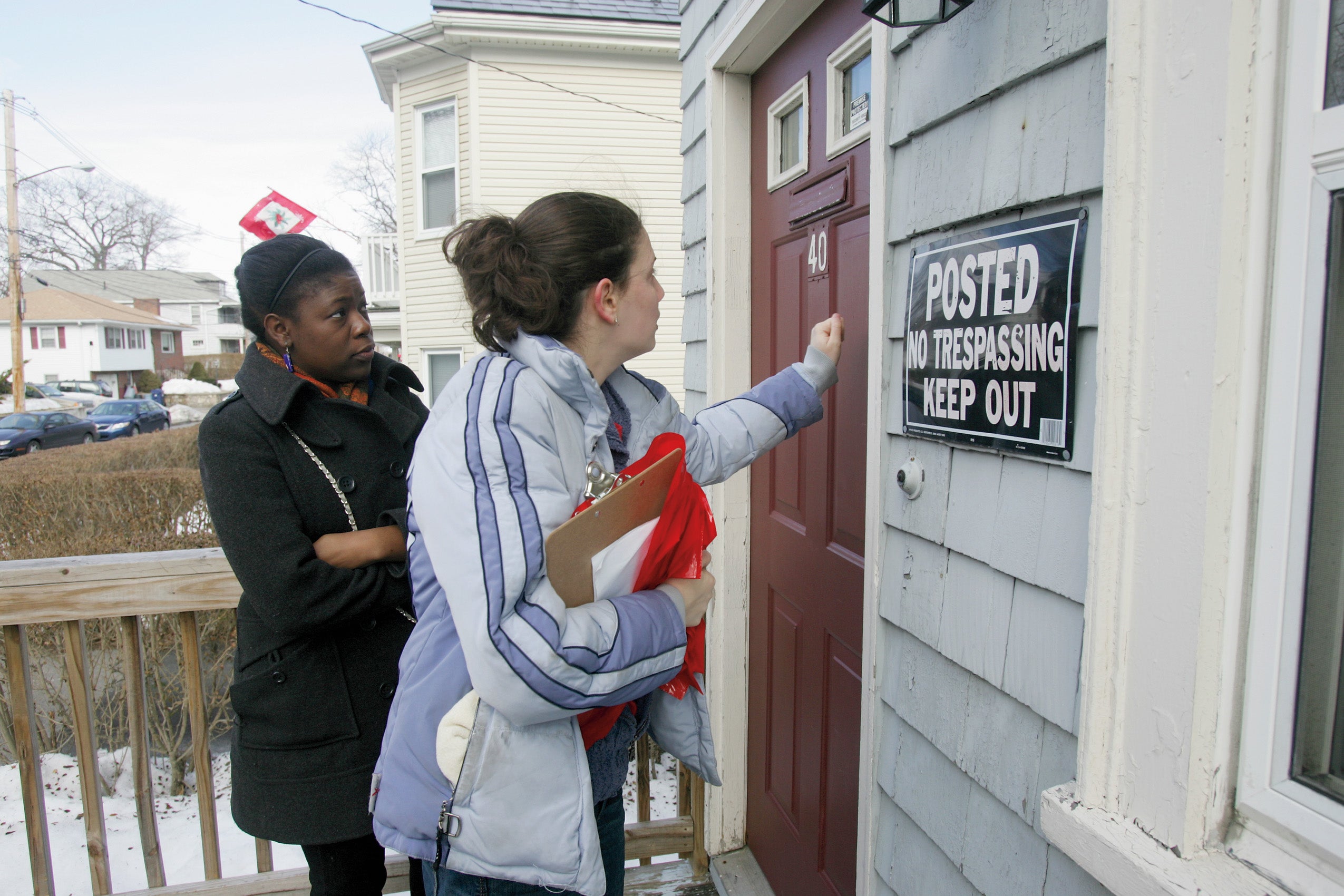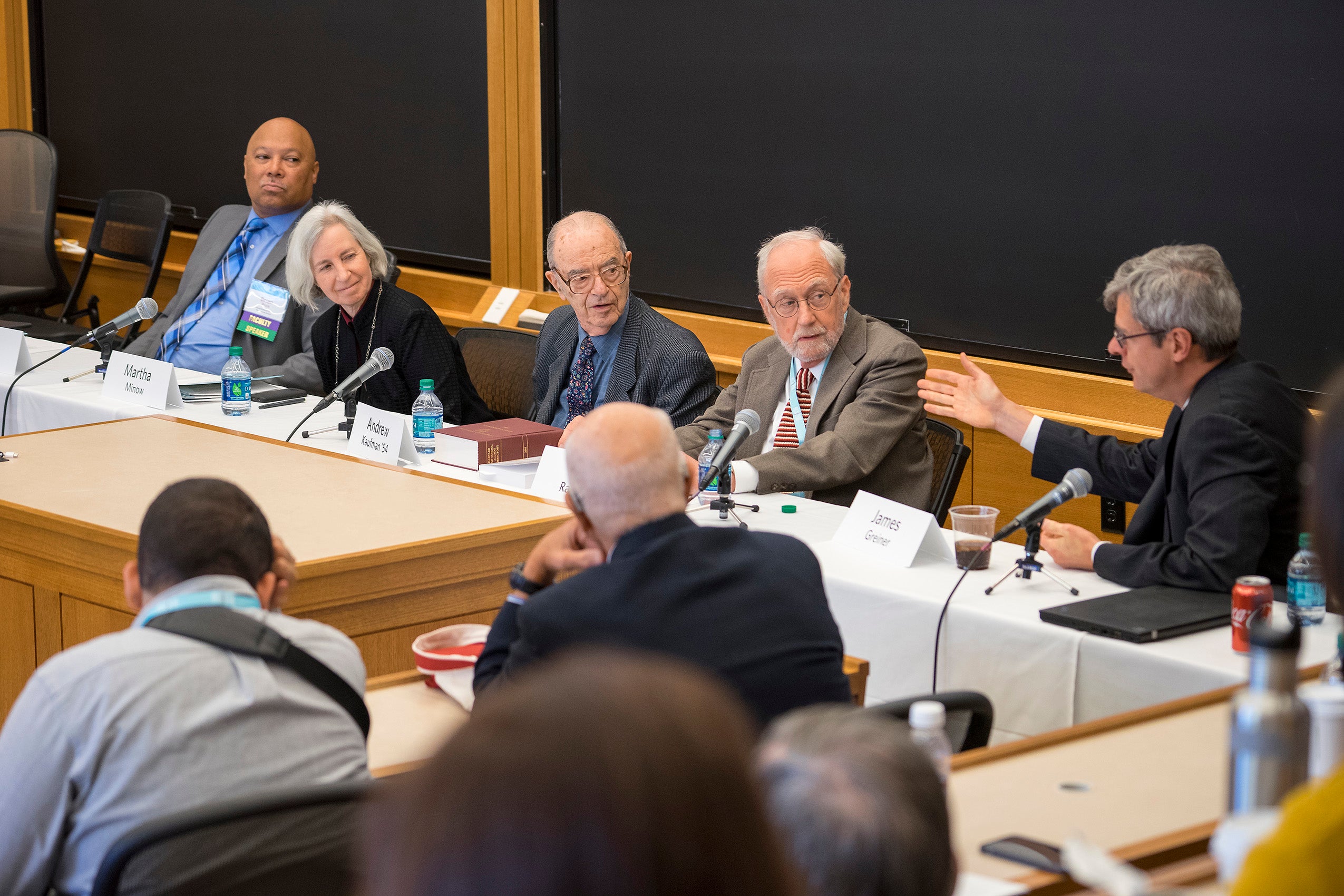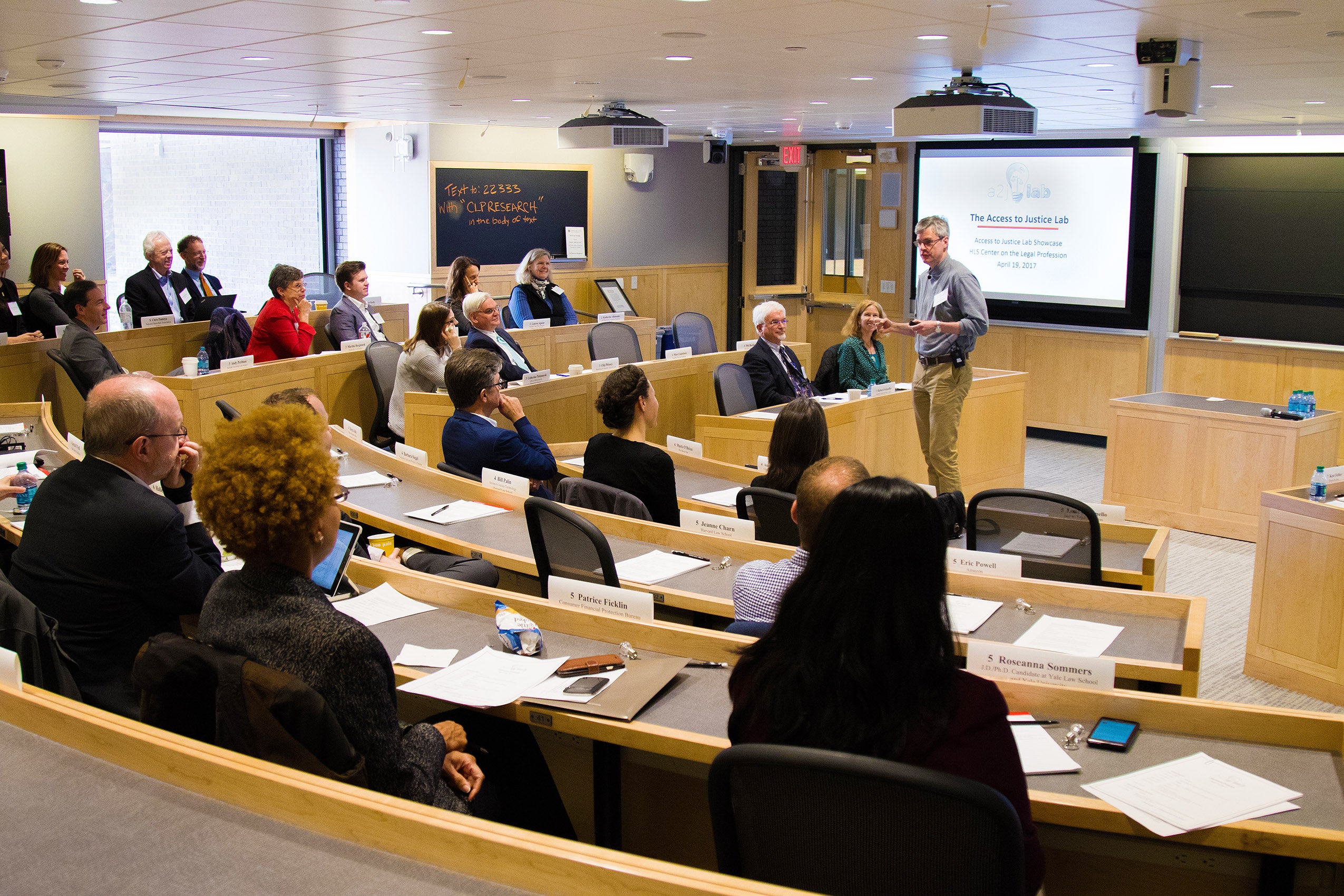People
James Greiner
-
Overcoming obstacles to experiments in legal practice
March 19, 2020
This month, Harvard Law Professors Jim Greiner and I. Glenn Cohen teamed up with bioethics scholar Holly Fernandez Lynch to author “Overcoming obstacles to experiments in legal practice,” in which the collaborators argue in favor of randomized studies in legal research over the common practice of relying on the expertise and judgment of individuals.
-
How much does it help to expunge a criminal record? Western Pa. study seeks to find out
September 24, 2019
Having a criminal record can make it harder to find work and housing, but a new local study asks whether it helps to have your record expunged. Expungement erases past arrests and charges, and removes old or low-level convictions from public view. But no empirical data show how much of an impact it has on job or housing prospects, or on the chances of future arrests. Harvard University’s Access to Justice Lab hopes to answer that question by following people who get their records cleared over a seven-year period. Participants in Pennsylvania will come from Allegheny, Beaver, Butler and Lawrence counties. Similar research will also be conducted in Kansas. “What we are trying to do is to establish and create rigorous evidence … about whether expungement does in fact help people,” said Harvard Law School professor Jim Greiner, who is leading the project. Greiner expects expungement to be helpful. But he said that past studies have shown only that it tends to be associated with better outcomes, such as better access to job and lower rates of recidivism. No research, he said, measures the effect of expungement alone.
-
How Much Does It Help To Expunge A Criminal Record? Local Study Seeks To Find Out
September 23, 2019
Having a criminal record can make it harder to find work and housing, but a new local study asks whether it helps to have your record expunged. Expungement erases past arrests and charges, and removes old or low-level convictions from public view. But no empirical data show how much of an impact it has on job or housing prospects, or on the chances of future arrests. Harvard University’s Access to Justice Lab hopes to answer that question by following people who get their records cleared over a seven-year period. Participants in Pennsylvania will come from Allegheny, Beaver, Butler and Lawrence counties. Similar research will also be conducted in Kansas. “What we are trying to do is to establish and create rigorous evidence ... about whether expungement does in fact help people,” said Harvard Law School professor Jim Greiner, who is leading the project.
-
Imagine you need a divorce, but you've heard it costs a fortune to hire an attorney. Money's already tight as it is, now that you've separated from your partner, so you decide to represent yourself in court. There's no kids and not much property after a short marriage that both of you want to end. How much of a difference would a lawyer make anyway? The answer is "too much," according to a November 2018 study by Harvard Law School's Access to Justice Lab. Titled "Trapped in Marriage," the three-year study found that when a legal aid group directed low income divorce-seekers in Philadelphia County to use self-help materials, just 5% managed to end their marriages, unless they ended up with legal counsel or their spouse initiated the suit. Those offered volunteer pro bono lawyers were five times more likely to get divorced in the same time frame. Jim Greiner, a Harvard Law professor and co-author of "Trapped in Marriage," said the vast disparity can't be explained by those who claim divorces that may seem simple are actually complex due to child custody, support and alimony issues. "This was basically a bunch of very severely poor people who didn't have much in the way of property or assets to fight about," he said.
-
Getting Random With Harvard A2J Lab’s Greiner
May 13, 2019
Seven years after graduating from the University Of Michigan Law School, Jim Greiner had clerked for a Fifth Circuit judge, worked for the U.S. Department of Justice and transitioned to private practice at Jenner & Block — in other words, he’d gathered plenty of legal experience. Jim Greiner, director of Harvard University's Access to Justice Lab, brings a statistician's eye to the practice of law. But what he hadn’t done is taken a math class since high school. So after repeatedly encountering “heavy numbers” in his case load, the man who would eventually launch Harvard Law School’s Access to Justice Lab took a leap — from the practice of law to the study of statistics. “I started to become frustrated with how I was unable to follow the experts,” he said. “And I was also finding out at the same time that I cared a whole lot more about facts than I did about political theory and rhetoric.” The focus on facts propelled Greiner toward a 2007 Ph.D. from Harvard’s Department of Statistics, earned the same year he joined the Law School faculty. Since then, he’s worked to bring a concept called “randomized controlled trials” to the world of legal services.
-
Harvard Law School alumni, faculty examine the access to justice gap in latest issue of Daedalus
January 28, 2019
“Access to Justice,” the Winter 2019 issue of the American Academy of Arts and Sciences journal Dædalus, features twenty-four essays by leading experts in the field, including Harvard Law School alumni and faculty. It is the first open access issue of the publication.
-
Too poor to divorce?
December 14, 2018
A six-year-long study by Harvard Law School's Access to Justice Lab (A2J Lab) evaluated and analyzed the effectiveness of pro bono representation in divorce cases in Philadelphia County. The recently released study found that people who received legal representation were 87% more likely to achieve a divorce than people without it.
-
Divorce is hard enough – let’s stop making it confusing and unaffordable
December 12, 2018
An op-ed by James Greiner: It shouldn’t be painfully hard to obtain a divorce that the law says you’re entitled to. And it shouldn’t be that hard only if you’re poor. Ending a marriage requires a lawsuit. To obtain a divorce, one spouse has to sue the other in court. If you’re rich, this isn’t a problem. You just hire a lawyer. But as the U.S. Supreme Court has recognized, divorce is just as fundamental to nonwealthy folks as it is to the Brad Pitts and Angelina Jolies of the world. And if you’re low-income, you probably won’t be able to hire a lawyer because they cost so much. Being trapped in an unwanted marriage can be pretty awful. We define ourselves, and society defines us, by reference to our spouses. Marriage and divorce affect income, property, children, medical care, just about every aspect of life. You can’t marry someone new until you get out of a marriage you’re in.
-
Harvard Law Unveils New Building for Legal Clinics, Research Programs
November 15, 2018
Harvard Law School Dean John F. Manning ’82 unveiled a new building slated to house several clinics, programs, and faculty offices at a reception early last week...D. James Greiner, a Law professor and Faculty Director of the Access of Justice Lab, said he is excited to move out of Wasserstein and into the much-needed new space. The new building is in part meant to accommodate the tremendous growth of clinical learning programs in recent years. "We’re currently in two different, small, basement offices, so the new office space is welcome,” Greiner wrote in an email. “We work with about 60 law, undergraduate, and graduate students at any one time, so the meeting spaces the new building offers are also quite welcome.”
-
Morality in the Machines
June 26, 2018
Researchers at Harvard’s Berkman Klein Center for Internet & Society are collaborating with MIT scholars to study driverless cars, social media feeds, and criminal justice algorithms, to make sure openness and ethics inform artificial intelligence.
-
From the Palazzo del Quirinale to the Lizard Lounge
June 26, 2018
Harvard Law School Association events bring together alumni around the world.
-
From Harvard Magazine: The Justice Gap
December 21, 2017
A look into America’s unfulfilled promise of “equal justice under law.”
-
No Justice for Most: Brainstorming to improve access to justice
November 16, 2017
Panelists at an HLS in the World seminar called “No Justice for Most: Brainstorming New and Old Ideas for Government, Professional, and Technological Solutions,” discussed the disparity in legal services available in urban and rural areas and other barriers to access to justice.
-
The Justice Gap
October 18, 2017
...Initiatives under way at HLS have returned it to a prominent role in advancing legal aid—and in developing new approaches that will change and enhance the delivery of these services in the future. Daniel Nagin, vice dean for experiential and clinical education and faculty director of both the school’s Legal Services Center and its Veterans Legal Clinic, is exploring improvements in legal services that could help bridge the divide between those who insist that lawyers are essential in providing legal services and those who believe they aren’t. Green professor of public law D. James Greiner, faculty director of the Access to Justice Lab, is HLS’s main proponent of the view that sometimes the solutions can be simpler and less expensive...[Martha] Minow emphasized HLS’s mission as a justice school, as much as a law school, by expanding opportunities for public-interest work and by bringing the curriculum and clinical offerings closer together—so theory informs practice and vice versa...Esme Caramello, a clinical professor who is the bureau’s faculty director, told me, “Within five years of graduating from the law school, a lot of students who did HLAB are in public-interest jobs, doing legal services and otherwise. They feel compelled to do this work.”
-
Can this blob help people fight debt collectors?
May 19, 2017
Can a stack of papers be as useful — or at least as cost effective — as a lawyer? A group of lawyers is trying to find out. Law professors at the University of Connecticut, Harvard University and the University of Maine will begin a large-scale experiment this month to see if proactively sending a set of materials with financial and legal advice — presented by a cartoon blob — can improve the financial lives of people being sued by certain types of debt collectors...And though the government theoretically provides access to lawyers for criminal defendants who can’t afford their own attorneys, there’s unlikely to ever be the political will to provide access to lawyers in civil cases, said James Greiner, a professor at Harvard Law School who is also part of the project. “What are we going to do about the fact that there are never ever going to be enough lawyers to provide a free lawyer to someone with a civil problem?” he said.
-
New study set to assess debt in Connecticut
May 12, 2017
Lower-income Nutmeggers saddled with debt have few options for dealing with their fiscal troubles, but a major study is about to find out whether new strategies could help. Set to launch within the next few weeks, the research could be crucial for determining the right resources to support Americans in financial straits. Led by a team of law professors from the University of Connecticut, Harvard and the University of Maine, the Financial Distress Project will assess how at least 1,200 state residents fare while using legal aid, financial counseling or self-help materials to tackle their debts...“We’re never going to have enough resources to give everyone a lawyer who would need one,” said Harvard Law professor Jim Greiner, one of the study’s leaders. “We’ve got to find ways that make the legal system accessible and usable for folks who can’t afford to hire a lawyer.”
-
Since its founding nine months ago, Harvard Law School’s Access to Justice Lab has aimed to revolutionize thinking about access to legal help. Often misunderstood and sometimes controversial, the lab sponsored a five-hour symposium in April that drew scholars from across the country to Harvard Law School.
-
Every day in courtrooms across the United States, lawyers rely on evidence to make their cases. But when it comes to what works in serving clients or enhancing access to justice, lawyers and judges are stubbornly resistant to evidence-based research. That, at least, is the premise underlying the Access to Justice Lab at Harvard Law School, where director and Harvard Law professor James Greiner and his staff are working to compile rigorous evidence of what works in law and what doesn’t, using randomized control trials...In this regard, the legal profession today is roughly where the medical profession was in the 1940s, when insurers began demanding evidence of the efficacy of procedures and drugs, Greiner said at a recent showcase of the Access to Justice Lab’s work. Drug testing is a good example of why the “trust me” approach is unacceptable in medicine. Of all drugs that enter phase-one testing, only 10 percent make it to phase three. “But what do we do in law?” Jim Greiner asked. “We go from idea straight to the field. Why? Because we know. We’re professionals.”


